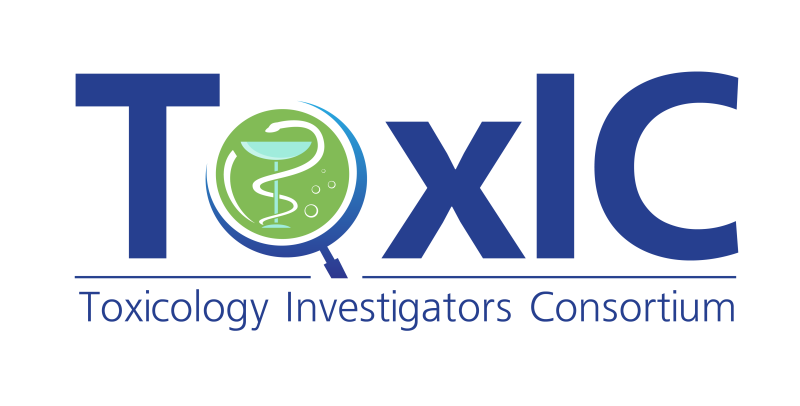
Opioid Use Disorder (OUD) Project
About the Project
The opioid epidemic remains a major public health emergency in the United States. This ongoing crisis highlights the urgent need for effective interventions and comprehensive data collection to inform public health strategies and clinical practices.
The ToxIC Opioid Use Disorder (OUD) Subregistry is designed to capture de-identified, detailed information regarding OUD treatment and harm reduction measures. This includes the patient’s history of opioid use and prior treatment programs, use of medications for opioid use disorder (MOUD) such as buprenorphine, and harm reduction measures such as opioid antagonist use like naloxone or nalmefene. Data collection will cover all stages from the prior visits to the ED/hospital related to OUD, the current visit, and discharge and follow-up details. Eligible cases for inclusion in the OUD Project must involve emergency department (ED) or hospital medical toxicology consultation related to opioid overdose, withdrawal, or OUD treatment/evaluation. Through this project, we seek to gather and utilize comprehensive data to achieve advancements in medical toxicology, clinical practices, and public health.
Funding
Funding for this initiative was made possible by the Centers for Disease Control and Prevention.
Principal Investigators

Jeffrey Brent, MD, FACMT
University of Colorado School of Medicine
Aurora, CO

Paul Wax, MD, FACMT
Executive Director,
American College of Medical Toxicology

Rachel Culbreth, PhD, MPH
Research Director, Toxicology Investigators Consortium

Kim Aldy, DO, MS, MBA
Program Director, Toxicology Investigators Consortium

